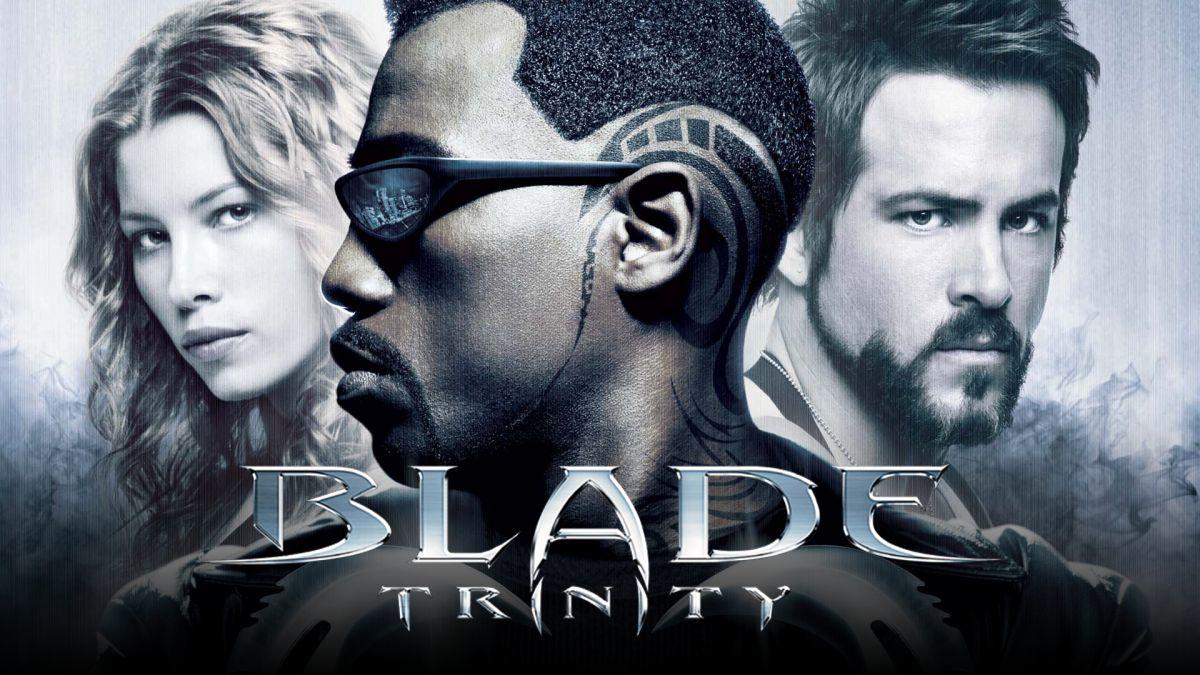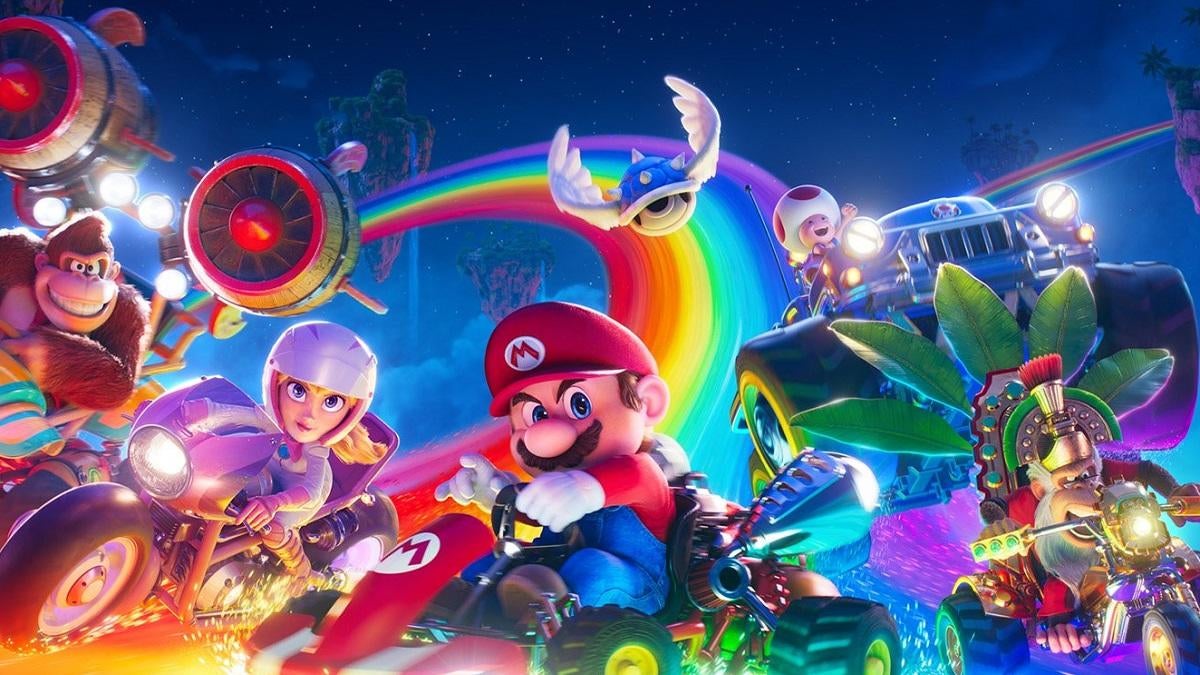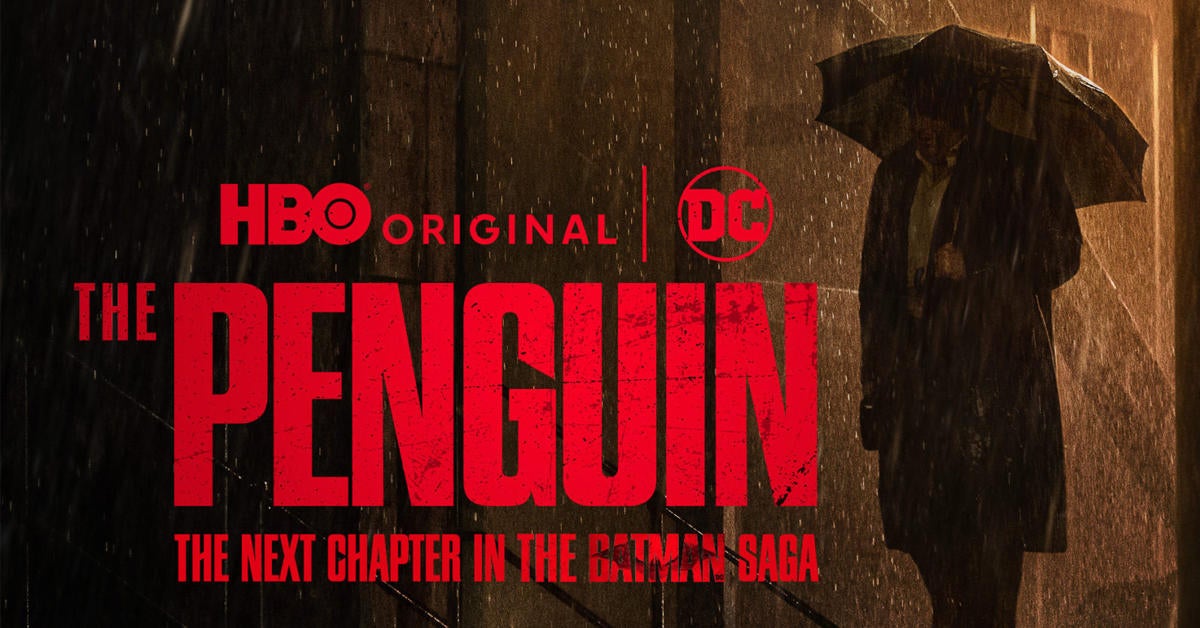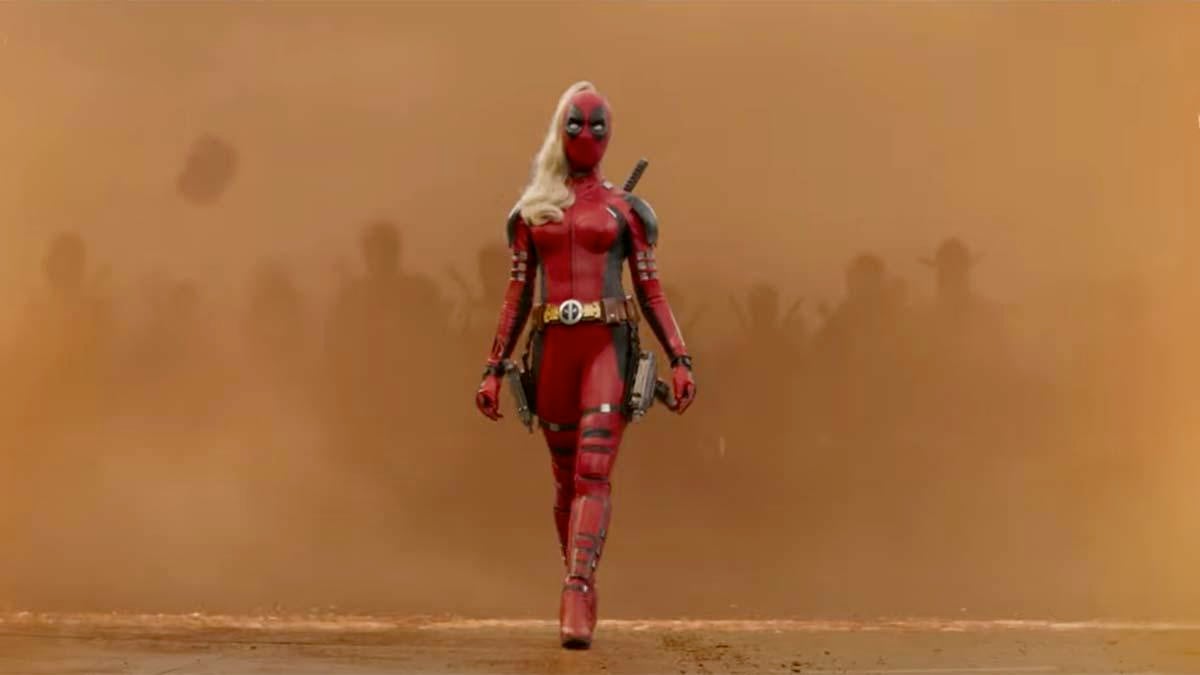Legendary Batman Writer and Editor Dennis O'Neil Passes Away
Dennis 'Denny' O'Neil, who helped to reshape the public perception of Batman in the 1970s and then [...]
Dennis "Denny" O'Neil, who helped to reshape the public perception of Batman in the 1970s and then served as the Dark Knight's group editor throughout the 1990s, has passed away. He was 81. Besides his contributions to Batman, O'Neil will be remembered as the writer for Green Lantern/Green Arrow which, with artist Neal Adams, reinvigorated both characters and helped redefine them for a new generation of readers. The Green Lantern/Green Arrow comics were an examination and critique of contemporary culture, including issues around racism, poverty, and other topics that rarely made it to the pages of DC books before O'Neil and Adams.
O'Neil was born in May 1939 -- maybe serendipitously, the same month that Batman himself debuted in the comics. He began his comics career as Stan Lee's assistant in the mid-1960s, and then in the late '60s started as a writer with Charlton Comics and would work periodically for Marvel and DC until he struck gold with Batman and Green Lantern/Green Arrow in the '70s.
O'Neil and Adams were tasked with reinventing the Dark Knight following the end of the '60s Batman TV show with Adam West and Burt Ward. The show, having embraced camp and then becoming such a huge success that the comics tried to emulate it, had left Batman comics limping along when it ended, since comic book readers did not necessarily respond to the sillier take in the same way TV audiences had.
The philosophy that guided O'Neil and Adams on Batman was to return to the formula originated by Bill Finger and Bob Kane when the character debuted, and that decision -- to lean into the dark, gothic, violent, and mysterious elements of Batman -- has reshaped how fans understand the character ever since. When mass media caught up to O'Neil's vision for Batman with 1989's Batman film from director Tim Burton, O'Neil would write that movie's comic book adaptation, which was recently reissued in a Deluxe Edition hardcover with art by Jerry Ordway.
O'Neil's characters were human, often conflicted or even tortured, but his writing was humane; it never seemed like he especially relished in putting characters through the wringer. His Batman had struggled with a lifetime of trauma, his Green Lantern had a bit of an identity crisis when he realized he didn't have all the answers, and the version of The Question by O'Neil and Cowan is a classic case of a great story about a character you would not want to spend a lot of time with.
His Green Lantern/Green Arrow seems especially significant now, with Hal Jordan serving as a police officer (granted, on a cosmic scale) and Oliver Queen standing in for a protester. Neither man was ever fully "right," and that was the fun of their dynamic -- but Oliver often forced Hal to confront a world far less black-and-white than his philosophy of "I'm going to punish rule-breakers" would have led him to on his own.
Later in life, O'Neil co-created the character of Azrael with Joe Quesada, who would go on to run Marvel Comics. As editor of the Batman line of books, O'Neil would see a period of massive success in the '90s, with long-running titles based on Nightwing, Robin, Azrael, and Catwoman, as well as a basically weekly, interconnected publishing schedule over four monthly Batman comics. O'Neil took point on writing Azrael when that character got his own spinoff, which rolled out of the events of the hugely-successful "Knightfall" crossover that O'Neil helped to mastermind. He also wrote a prose novelization of Knightfall for the bookstore market. In a 2011 interview, O'Neil told The Comic Archive that "Knightfall" was "one of the more interesting experiences of my life."
Besides Azrael, O'Neil co-created characters like Ra's al Ghul (and his daughter Talia), Leslie Thompkins, and Richard Dragon, all of whom have gone on to have significant roles in film and TV adaptations of the DC Universe. Besides "Knightfall," O'Neil's time as editor spanned the period during which Jason Todd was killed and characters like Tim Drake and Stephanie Brown were introduced.
While O'Neil never loomed as large at Marvel as he did at DC, he did write there for a while, working on characters like Spider-Man and Daredevil. During his time, he helped develop characters like Obadiah Stane, Lady Deathstrike, and Madame Web.
He also reached outside of comics sometimes, writing novels based on the character of Richard Dragon even before bringing him to DC as well as episodes of Superboy, Batman: The Animated Series, and G.I. Joe: A Real American Hero, among others. He is also credited with naming the character of Optimus Prime while he and other writers helped bang out the shape of the Transformers property (although later in life he would admit to having no recollection of having done so).
O'Neil never lost his love for comics, and worked to pass his knowledge along to a new generation -- first by writing a book, The DC Guide To Writing Comics, and later by teaching a Writing for the Comics course at Manhattan's School of Visual Arts, a role he shared with Suicide Squad co-creator John Ostrander.
During his career, O'Neil won numerous comics-industry awards, and was recognized by The Jimmy Carter Presidential Library in 2018 and the city of Phoenix, Arizona, in 2019 -- in both cases for his contribution to both comics and American culture.
O'Neil passed away at home as a result of natural causes, according to his family. His final published work will be an installment in the Joker 80th anniversary special that was just released by DC.




